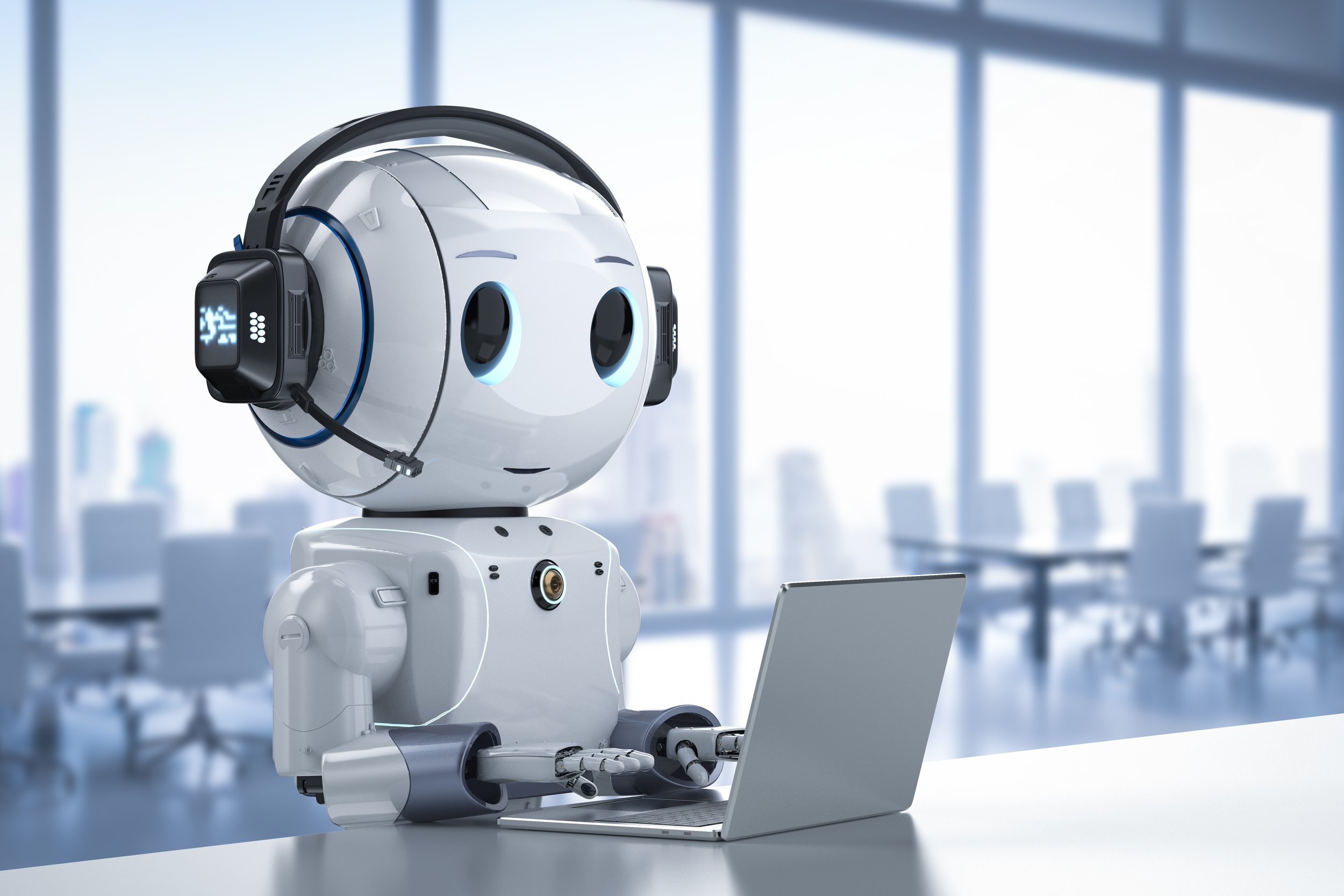In today’s fast-paced digital environment, businesses are constantly looking for smarter, more efficient ways to connect with their customers. One of the most significant developments in recent years is the rise of chatbots — especially those powered by artificial intelligence (AI). When combined with popular messaging platforms like WhatsApp, these tools become even more powerful. This is where the concepts of WhatsApp chatbot and AI chatbot come into play.
What Is a WhatsApp Chatbot?
A WhatsApp chatbot is an automated software application designed to interact with users through the WhatsApp messaging platform. It uses pre-programmed rules or AI algorithms to understand messages and respond accordingly. These chatbots can handle a variety of tasks such as answering frequently asked questions, booking appointments, sending reminders, and even completing purchases.
WhatsApp, with its massive global user base, is a natural choice for businesses to deploy chatbots. Over 2 billion people use WhatsApp, making it one of the most widely used messaging platforms worldwide. By integrating a chatbot with WhatsApp, businesses can provide real-time support, increase engagement, and improve customer satisfaction.
Understanding AI Chatbots
An AI chatbot, on the other hand, takes things a step further. While basic chatbots follow scripted paths and are limited to specific command responses, AI chatbots are much more dynamic. They leverage technologies like natural language processing (NLP), machine learning, and deep learning to understand user intent, learn from interactions, and respond intelligently — even to unexpected queries.
AI chatbots can adapt to various communication styles, languages, and nuances. This makes them far more effective at mimicking human-like conversations. They can provide personalized experiences, anticipate customer needs, and even escalate issues to human agents when necessary.
The Power of Combining WhatsApp and AI Chatbots
When you bring together the widespread reach of WhatsApp and the intelligence of AI-powered chatbots, the result is a game-changing communication tool. Businesses can provide 24/7 customer support, automate sales processes, and streamline marketing efforts — all through a platform that users are already comfortable with.
Here are a few key benefits of combining WhatsApp chatbot and AI chatbot capabilities:
1. Instant and Personalized Customer Support
AI-powered WhatsApp chatbots can provide immediate responses to user queries, no matter the time of day. Since they can understand context and intent, responses are often relevant and helpful. For example, a user asking, “Where is my order?” will trigger the chatbot to check the status of a recent purchase and provide a tracking link — without involving a human agent.
2. Scalable Communication
One of the biggest challenges businesses face is scaling their customer service operations. A single AI chatbot on WhatsApp can handle thousands of conversations simultaneously, ensuring no customer has to wait in a queue. This not only improves user satisfaction but also reduces operational costs significantly.
3. Data-Driven Insights
AI chatbots can analyze conversations to identify trends, customer pain points, and preferences. Businesses can use these insights to improve products, services, and communication strategies. WhatsApp also allows multimedia messages, so businesses can gather and analyze voice notes, images, or videos sent by users to gain a more holistic understanding.
4. Automated Sales and Marketing
AI chatbots can guide users through the sales funnel — from product discovery to checkout. On WhatsApp, they can send personalized product recommendations, notify users about sales, and even offer customer-specific discounts based on previous behavior. The combination makes WhatsApp a powerful tool for conversational commerce.
5. Multilingual Support
AI chatbots can be trained to communicate in multiple languages, which is essential for businesses with global audiences. WhatsApp’s wide adoption in countries across Asia, Africa, and Latin America means that multilingual support is often a necessity, not a luxury.
Real-World Use Cases
Let’s look at how businesses across various industries are using WhatsApp and AI chatbots:
E-commerce: Brands like H&M and Sephora use WhatsApp chatbots to offer fashion advice, update customers on their orders, and handle returns or refunds.
Banking: Financial institutions use chatbots for balance checks, transaction alerts, fraud detection, and loan application support.
Healthcare: Clinics and hospitals use chatbots to book appointments, send reminders, and even provide first-level symptom checks.
Travel: Airlines and travel agencies offer flight status updates, booking confirmations, and customer support via WhatsApp AI chatbots.
Implementation Challenges
Despite the many advantages, integrating a WhatsApp chatbot with AI isn’t always straightforward. Here are a few common challenges:
Compliance and Privacy: WhatsApp has strict business messaging policies. Companies must ensure they’re complying with regulations like GDPR and obtaining the right permissions from users.
Training the AI: AI chatbots require substantial training to become effective. This means feeding them with large amounts of conversational data and continuously refining their responses.
Maintaining Human Touch: While AI has come a long way, some users still prefer human interaction for complex issues. A good chatbot strategy includes seamless handover to human agents when needed.
The Future of WhatsApp and AI Chatbots
As AI technology continues to evolve, the capabilities of chatbots will only become more impressive. We can expect future WhatsApp chatbots to be even more conversational, empathetic, and proactive. Integration with other systems like CRMs, payment gateways, and inventory management tools will also become more seamless.
In the next few years, the combination of WhatsApp chatbot and AI chatbot will likely become the default mode of communication between businesses and customers. From reducing costs to improving customer satisfaction, the advantages are too significant to ignore.
Conclusion
The synergy between WhatsApp and AI chatbots is reshaping how businesses interact with customers. It’s no longer just about automating replies — it’s about building intelligent, scalable, and personalized communication strategies. Whether you’re a small business owner or part of a large enterprise, now is the time to explore what a WhatsApp AI chatbot can do for your brand. The future of customer engagement is conversational — and it’s already here.
